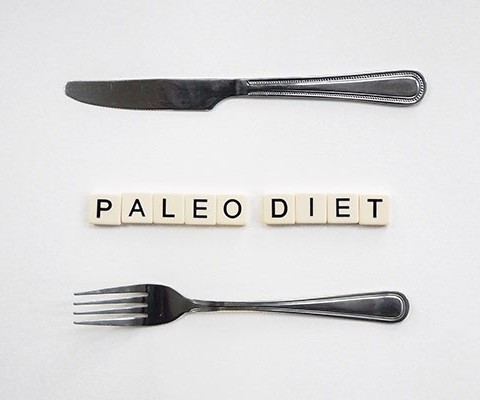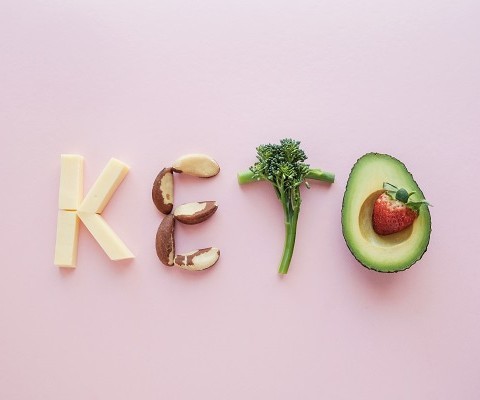Do Diet Breaks Bolster Metabolism and Muscle Mass During Diets?

Diet breaks for better long term weight loss?
A fresh study has looked at this and the results might surprise many.
Firstly, "diet breaks" aim to help preserve muscle mass which can be at risk during long periods of dieting, and help "bolster" our metabolism which can slow down during periods of calorie restriction.
The theory is that by taking this break in our diet, we're allowing for a mini reset which can ultimately guide us towards a more successful weight loss period.
The aforementioned study had subjects follow the same weight loss program for one 12-week period or in 4 periods of 3 weeks, with a week of diet breaks in between.
During this break, the subjects consumed maintenance calories; eating the same number of calories they burn daily.
So, what did they find?
No significant differences between either approach in weight loss, fat-free mass, muscle strength, gains in muscle endurance or resting energy expenditure.
Diet breaks for hormones, behaviour, sleep, and mood
Put differently, the diet breaks didn't help the subjects at all with their main goals.
Yet they still had to do an additional 3 weeks of training and consume maintenance calories regardless.
So, the extra three weeks of "dieting" made no difference.
And we say "dieting" because even though they were in a calorie deficit and technically not "dieting", it was still in the quest for enhanced fat loss.
And when hormones were examined, there was no difference between either group for leptin, testosterone, or others.

There was also no difference behaviourally, none for physical activity level, nor energy intake or dietary adherence. And whilst the diet break group was more compliant in their diet, it didn't turn out to be statistically significant.
There were also no differences reported between the groups for quality of sleep, irritability, muscle dysmorphia, control over their food intake, overall mood states, eating disorder behaviours and behavioural consequences of hunger.
So, the science doesn't look good for diet breaks.
What it comes down to is the extra 25% of time the subjects spent on their diet break isn't worth the alternative: cut your calories slower.
Setting your calorie deficit for fat loss
One of the biggest mistakes you can make whilst setting up your weight loss diet is to cut calories too drastically.
But this is common, and this is when people schedule in diet breaks for a breather thinking it's going to be better for them. And because they're not consuming more calories than they burn, they sit confidently claiming they're not going backwards.
Whilst this makes sense on a superficial level, we would argue going backwards is actually spending longer on the weight loss diet (as evident in the aforementioned study) as opposed to making the calorie deficit smaller and more consistent.
With that in mind, depending on how much fat you have to lose (and how large you are), this is what governs your deficit amount. It's the realistic number of calories you’re able to subtract from daily activity.
In other words, someone weighing 150 kilograms at 30% body fat can have a larger deficit and stick to it easier than someone who weighs 85 kilograms at 13% body fat. The same deficit applied to both subjects would send the latter 85kg example into a whole host of issues!

Calorie deficits can therefore be categorised into three approaches:
- Small Deficit: 10-15% below maintenance
- Moderate Deficit: 20-25% below maintenance
- Large Deficit: 25% below maintenance
Increasing your deficit obviously directly influences the diet’s level of difficulty.
So, rather than (for example) setting your deficit at 25% below maintenance, consider 15-20% and hitting the deficit daily for an extended period so you don't have to utilise diet breaks, which as we know, make no difference on any level for a weight loss diet.
The bottom line is that diet breaks are not worth your time or effort. Eating maintenance calories thinking you will preserve muscle mass and "reset" your metabolism and lose more weight is not supported by science.
If you feel like you need a diet break, then simply set your calorie deficit percentage at a lower rate, as opposed to dieting at a higher percentage with breaks.
Fat loss success is about finishing in a calorie deficit daily, and not having periods of a large deficit followed by periods of maintenance or even a surplus. Weight loss is a long game and should be treated accordingly.
References:
- Peos JJ, Helms ER, Fournier PA, Ong J, Hall C, Krieger J, Sainsbury A. Continuous versus Intermittent Dieting for Fat Loss and Fat-Free Mass Retention in Resistance-trained Adults: The ICECAP Trial. Med Sci Sports Exerc. 2021 Aug 1;53(8):1685-1698. doi: 10.1249/MSS.0000000000002636. PMID: 33587549.
- Trexler ET, Smith-Ryan AE, Norton LE. Metabolic adaptation to weight loss: implications for the athlete. J Int Soc Sports Nutr. 2014;11(1):7. Published 2014 Feb 27. doi:10.1186/1550-2783-11-7
- Willoughby D, Hewlings S, Kalman D. Body Composition Changes in Weight Loss: Strategies and Supplementation for Maintaining Lean Body Mass, a Brief Review. Nutrients. 2018;10(12):1876. Published 2018 Dec 3. doi:10.3390/nu10121876

















































